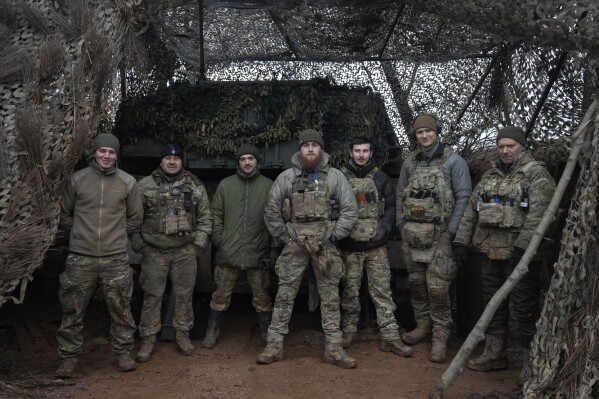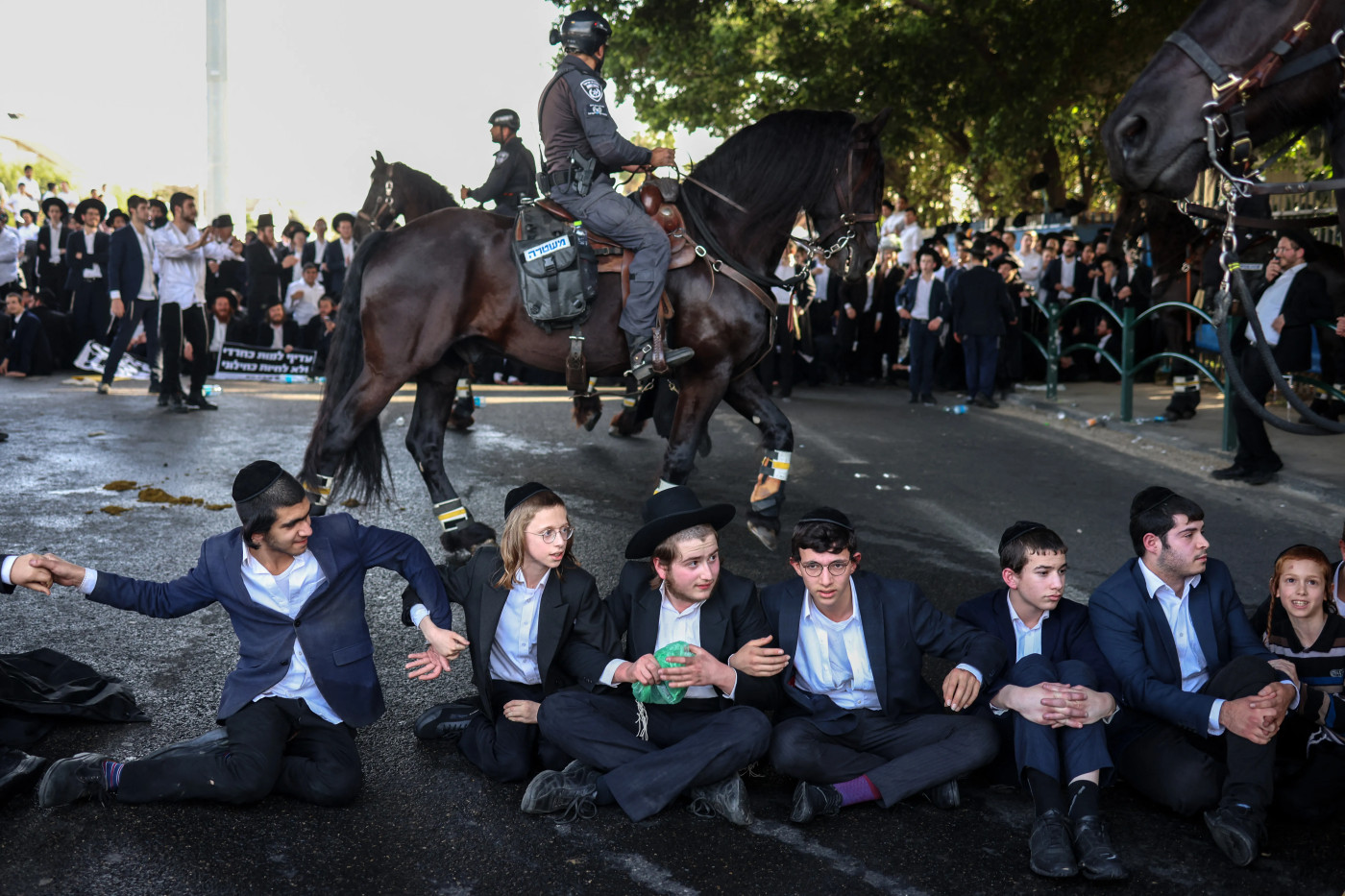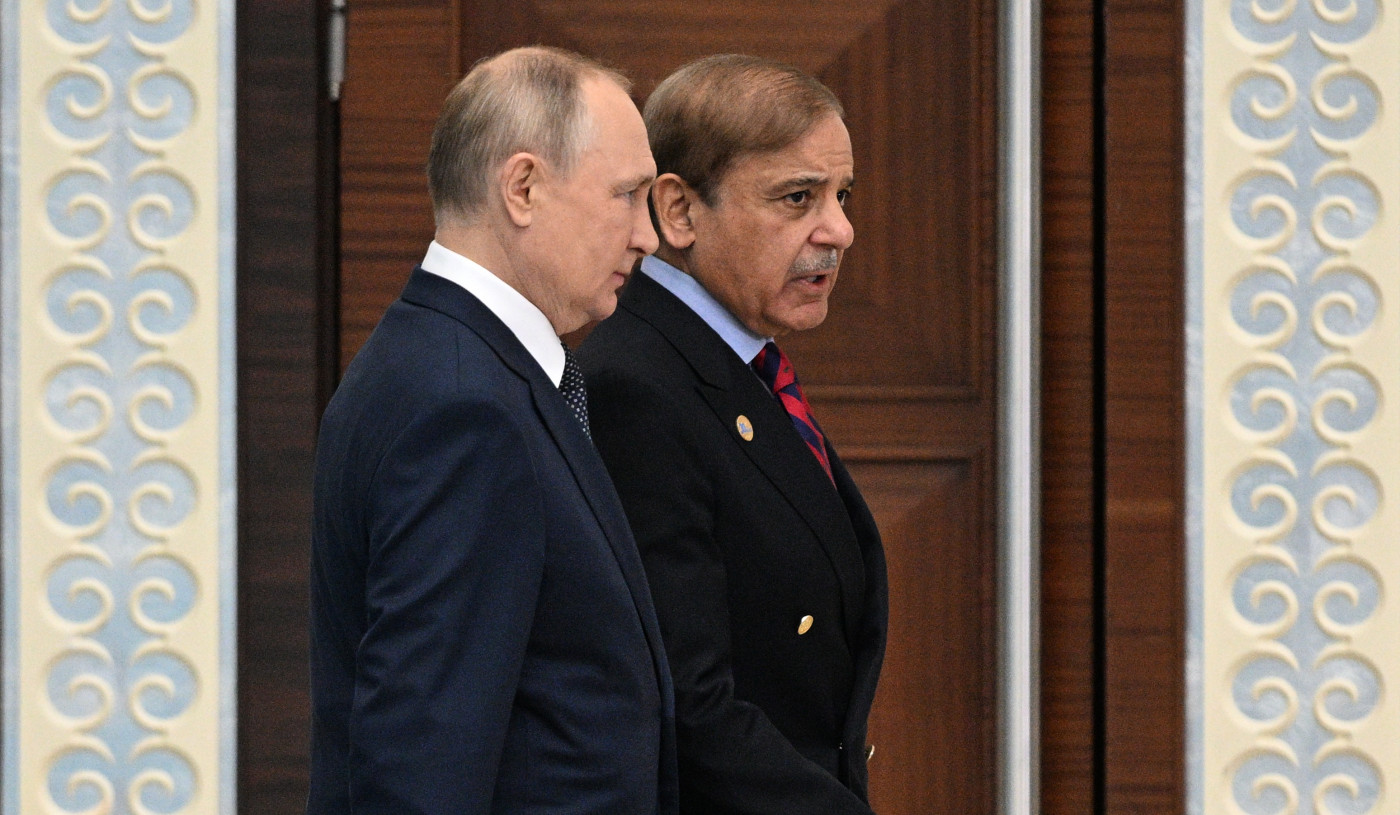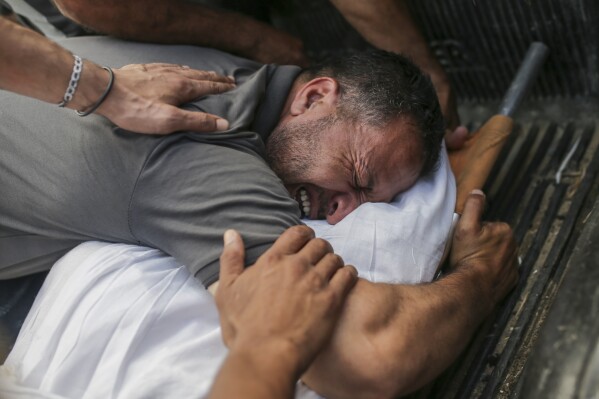Russia's Hybrid Warfare Is Intensifying. Here's How NATO Could Respond
Sabotage attacks blamed on Russia have left NATO countries scrambling to respond, suggesting Vladimir Putin's invasion of Ukraine has already spilled over into the alliance via "hybrid warfare," despite efforts to avoid escalation of the conflict.
Unexplained incidents of arson, railway derailments and GPS jamming have been taking place in—or sometimes above—the territory of the alliance, whose enlargement and support for Kyiv against Russian aggression has angered Moscow.
NATO members have been unable to curb so-called "gray zone" attacks often linked to Russian GRU military intelligence.
"There's been a lot of talk, but little NATO action to confront the issue," John Foreman, former British defense attache to Moscow and Kyiv told Newsweek. "Allies don't agree on the nature and scale of the threat, nor what to do."
He noted how a NATO parliamentary assembly proposal for a NATO Centre for Democratic Resilience was rebuffed by alliance members, highlighting the lack of preparedness against Moscow's attempts to divide the West.
Putin's spokesman Dmitry Peskov said in May that claims of Russian involvement in such incidents "are totally baseless and we decisively refute all of them." Newsweek has contacted the Kremlin and NATO for comment.
Foreman says Moscow had been waging a campaign of political warfare against the West for almost two decades, which also involves political interference, threats, disinformation, espionage, cyberattacks and assassinations.
Despite the "ample evidence of the scale and ambition of Russian unconventional operations, NATO members have been unwilling to grip the issue, focusing on the Russian conventional military threat," Foreman added.
The Soviet Playbook
Police in NATO's newest member, Sweden, are investigating repeated railway derailments. A spike in GPS jamming over the Baltic Sea led Finnair, the national carrier of the alliance's second-newest member, to suspend flights to Tartu, Estonia.
Fires at a scrap metal facility in Hamburg, a pharmaceutical firm in Copenhagen and a shopping mall in Warsaw are among recent incidents whose nuisance value, plausible deniability behind their cause and not meeting the criteria for an Article 5 collective response underpinning NATO, are posing problems for the alliance.
As Latvian President Edgars Rinkēvičs told The Financial Times, NATO will not fire missiles at Russia "because of a rather small-scale incident."
Daniela Richterova, senior lecturer at the Department of War Studies at King's College, London, said Moscow's targets are similar to those of the Cold War.
"From the 1960s onwards Moscow, Prague and East Berlin were planning and in some cases carried out attacks against NATO member states," she told Newsweek. "We have evidence of detailed plans against critical infrastructure, arms depots and security infrastructure in France, Germany, Austria.
"What I believe we have not seen thus far but what was part of the Soviet Bloc doctrine is targeting of what the KGB and other Soviet Bloc services referred to as political, security and intelligence installations and infrastructure."
Proxies with little connection to Moscow may be used. After a fire in March at a London warehouse linked to a Ukrainian business, two men were charged with acting for Russia's Wagner Group of mercenaries, the BBC reported.
Meanwhile, a man was arrested in Poland examining security arrangements at Rzeszow airport, a critical hub for Ukraine, apparently with the intention of assisting a bid to assassinate Ukrainian President Volodymyr Zelensky.
"The difficulty in definitively pinning the attacks on Russia is tricky, given that they have often involved the use of proxies," said Markus Korhonen, senior associate at S-RM, a geopolitical and cyber risk consultancy.
"These can be low-level criminals or vandals who are paid small sums of money," he told Newsweek. "They don't necessarily know who they're working for or why they're doing it."
Korhonen said Russia will "almost certainly" step up these attacks and there is a huge range of possible targets that are difficult to defend. Microsoft has warned that Moscow is behind a "malign disinformation" campaign against the Paris Olympic Games.
"There are thousands and thousands of kilometers of rail lines, of pipelines, of cables, and thousands of different potential sites for these attacks. So, it's very difficult to harden all possible attack sites and infrastructure against these types of threats," said Korhonen.
What can NATO do?
U.S. Secretary of State Antony Blinken said "hybrid attacks against front-line states" were a focus for NATO foreign ministers when they met in Prague in May. He said that "we will respond both individually and collectively," without providing further details.
What form this might take is unclear, especially given the asymmetric nature of targets, which are often unrelated to Ukraine. Czech Foreign Minister Jan Lipavský told the FT that restricting the visas of Russian diplomats to stop travel outside where they are accredited could be one option.
"Increased surveillance and restrictions on diplomats may be part of the solution," said Foreman, who believes there needs to be coordinated punishment such as sanctions, visa restrictions and expulsions, "otherwise the threat will endure."
Roger Hilton, defense research fellow at the Slovakia-based think tank GLOBSEC said the concerns expressed by NATO foreign ministers in Prague last month were the biggest collective acknowledgment to date of Russia's hyper gray-zone activities.
"Calling out these incidents publicly with attribution is the first step in responding to these threats where more solutions related to building higher levels of resiliency and social media literacy take longer to bear fruit," he told Newsweek.
NATO can also look at "restricting the movement of Russian diplomats, increasing surveillance at potential critical national infrastructure targets, and increasing cyber defense," he added.
"Until some of these policies are implemented nationally, Russia's intensification of asymmetric tactics will provide them with a clear advantage in causing disruption and strategic distractions for decision makers," Hilton said.
Disclaimer: The copyright of this article belongs to the original author. Reposting this article is solely for the purpose of information dissemination and does not constitute any investment advice. If there is any infringement, please contact us immediately. We will make corrections or deletions as necessary. Thank you.



